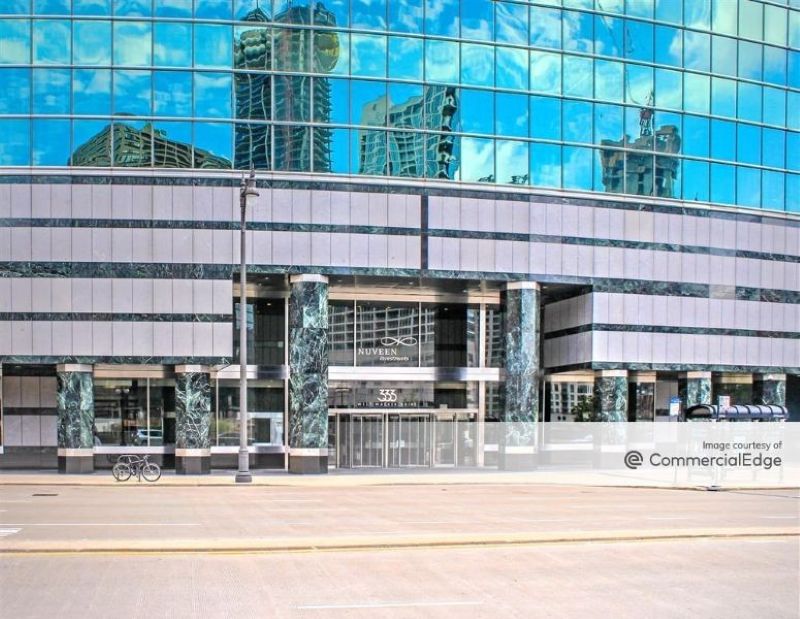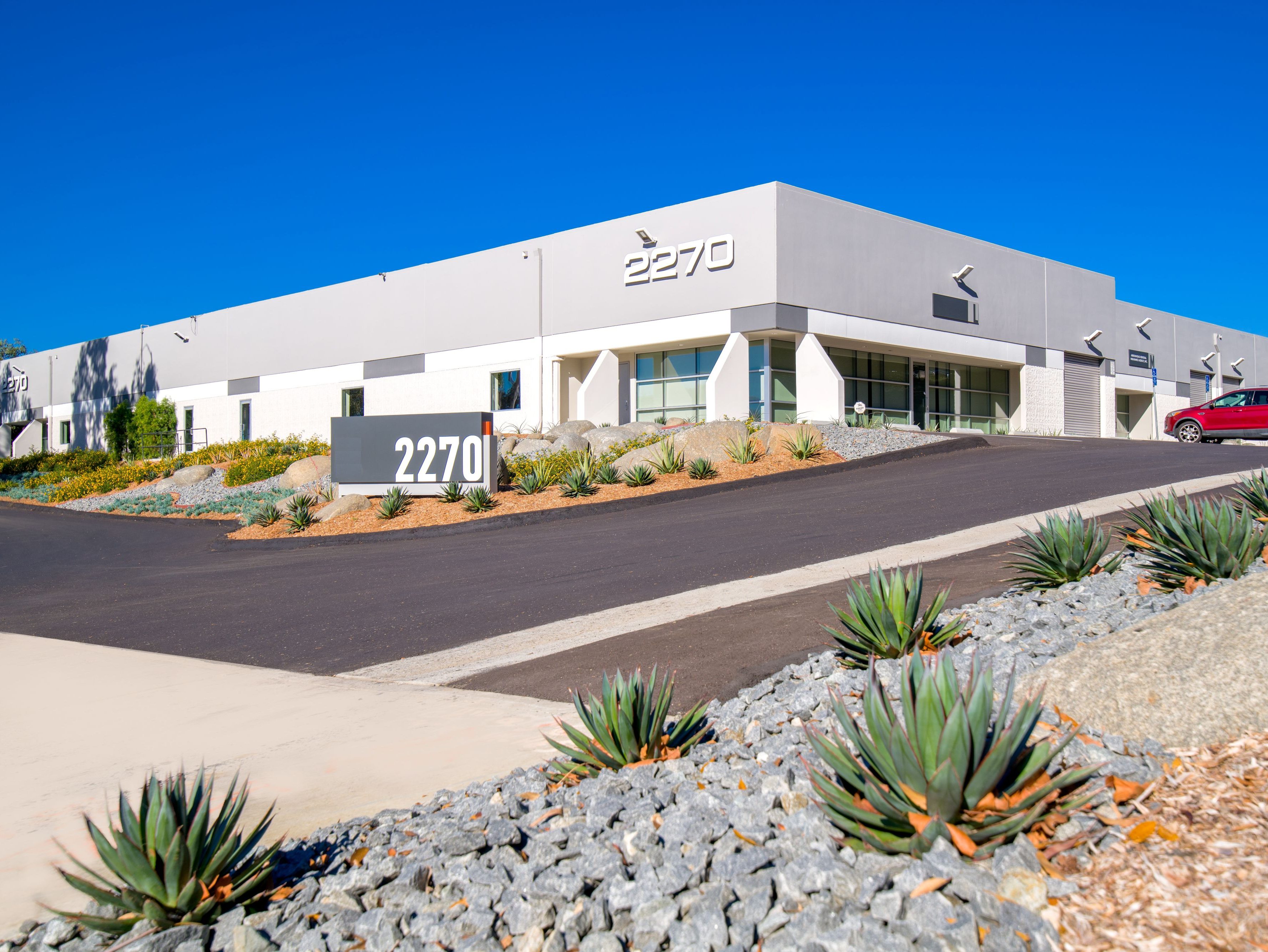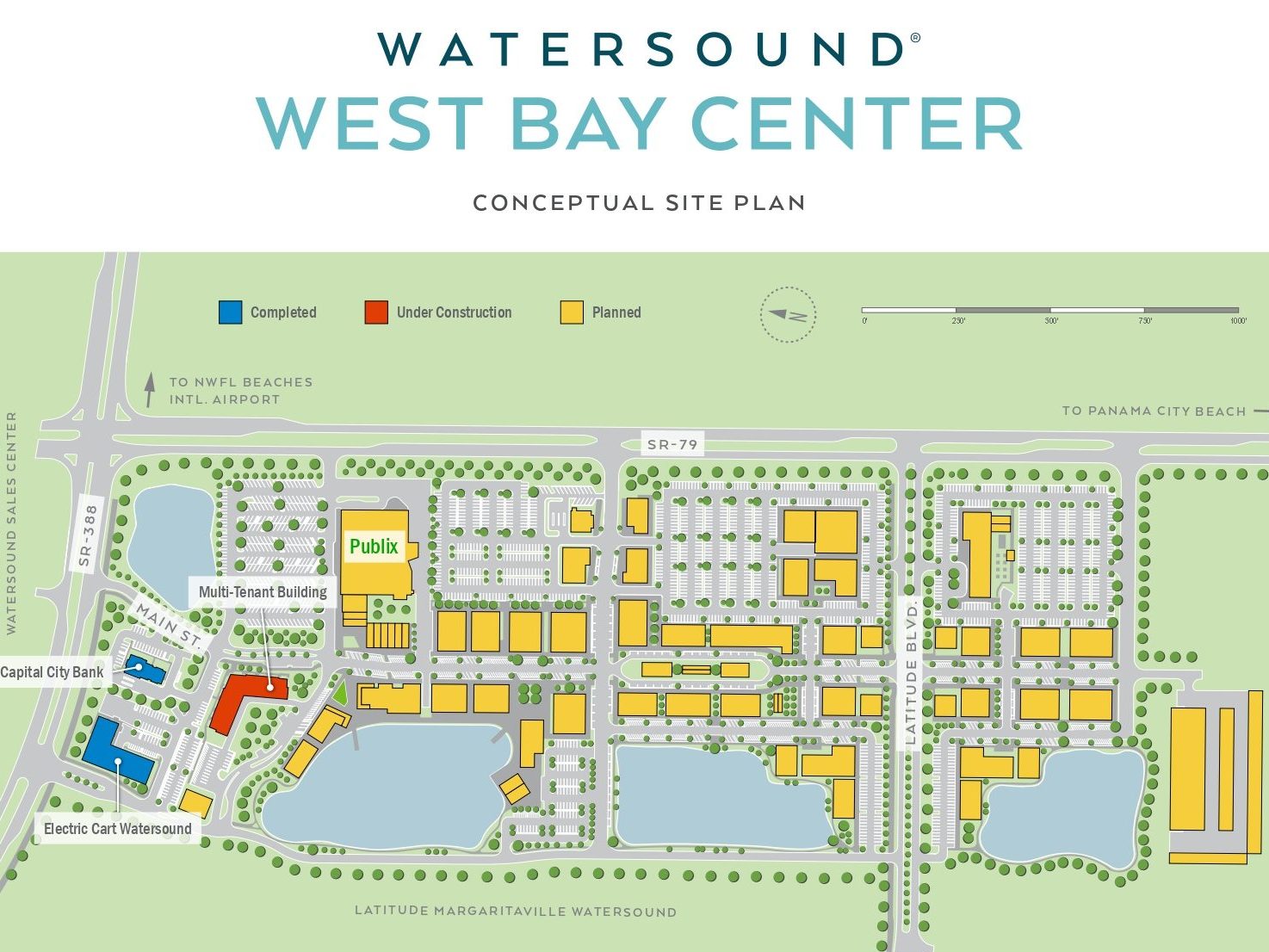Millennials Define the New Wave of Metroburbs
Young professionals hope to replicate the connectivity and creativity of urban office spaces in the suburbs. Finding out what they want, and delivering that product, is a challenge and an opportunity for real estate brokers.
By Jeffrey J. Garibaldi Jr.
 The Millennial generation’s gradual return to the suburbs will mean a new opportunity for local commercial real estate brokers. Cities, towns and boroughs will be looking to adapt to accommodate the trends and habits of their new arrivals, and the insight provided by a well-versed local broker will be a priceless commodity.
The Millennial generation’s gradual return to the suburbs will mean a new opportunity for local commercial real estate brokers. Cities, towns and boroughs will be looking to adapt to accommodate the trends and habits of their new arrivals, and the insight provided by a well-versed local broker will be a priceless commodity.
Live, Work, Play
As experts analyze what drew the Millennial generation to cities in the first place and what has kept them there this long, the results mostly revolve around three verbs: live, work and play.
This is a generation that searches out experiences at every turn. With the internet readily available for their entire lives, they have been able to experience and learn things rapidly and consistently. Therefore, they look for that type of stimulation in their surroundings. They want access to people and insight. They want places to be able to roam, changes of scenery and an opportunity to see something new at every turn. All things an urban environment provides naturally.
To them, an ideal work environment has groups of young adults congregating in common areas at all hours of the day. Families enjoy lunch on the roof deck or come to shop at the weekly farmers market and pop-up shops. Older professionals in suits and ties sit at coffee tables across from younger adults adorning grisly beards, t-shirts and tattooed arms. They discuss business and their shared hobbies. Their industries of occupation range from technology to marketing to insurance, and their backgrounds often transcend continents.
This is the workplace of the future.
ENTER THE ‘METROBURB’
With this generation’s gradual exodus to greener pastures, their desires for such access will remain and communities will look to find ways to capitalize.
The answer to “how” is the metroburb. Coined by Ralph Zucker of Somerset Development, a metroburb is a self-contained metropolis in a livable and accessible suburban location with everything you could find in a great downtown. It is a microcosm of innovation, possibility and inspiration.
The foundations that make up the idea have been present in real estate for some time, especially along the coasts. Chelsea Market in Manhattan, Faneuil Hall Marketplace in Boston, or the original building block of the concept, Silicon Valley in California, all represent the basis behind the model. Those case studies only represent the “metro” in metroburb, however. Future growth in our business will be seen in the areas beyond the major cities that accept the concept and employ it locally.
Buyers must beware, however, because if we can credit Generation-X with Starbucks and Amazon, we can credit the Millennial generation with the rise of craft brewing and Etsy. They run from the big box marketing, choosing instead to follow the Goldilocks approach, searching out the right fit for themselves. This is where many real estate people will get tripped up because what works in Brooklyn might not work in a Kansas City suburb.
Ten years from now, there will be metroburbs all over the country. They will be all shapes and sizes, located in different areas, all with the shared goal of harboring an innovative spirit and an inspiring experience. This is the opportunity for the independent real estate firm to rise above the giant, one-size-fits-all shops of brokers and developers.
ENTER THE ‘METROBURB’
Bell Works is the 2 million-square-foot adaptive reuse project of a former Bell Labs headquarters in the rural New Jersey suburb of Holmdel. Bell Works was the first of its kind—a full-scale community building effort in an otherwise unassuming part of the state.
Somerset Development is the visionary real estate firm behind the project. A big reason for its success was Somerset’s openness to the idea that the market would inform them along the way as to what exactly Bell Works would become. They did not force preconceived notions upon the community, rather they invited the community to play an active role in its creation.
To find a partner that would match Zucker’s vision, Somerset tapped The Garibaldi Group, a local expert with the agility to adapt to the situation as it unfolded. With Bell Works’ office space now almost fully leased and a vibrant atmosphere that continues to grow every day, the metroburb has come to life.
Taking the lessons learned from Bell Works, the Garibaldi Group will open a tech-focused coworking operation out of their headquarters in Chatham, N.J., with the backing of the borough and the county EDC. The firm has also been invited to the table as consultants in the town’s rebranding efforts to better position itself for the incoming millenial generation.
This is real estate of the future.
Jeffrey J. Garibaldi Jr. is director of support services at the Garibaldi Group, a commercial real estate brokerage company based in Chatam, N.J. The company is the exclusive office leasing agent for Bell Works in Holmdel.







You must be logged in to post a comment.